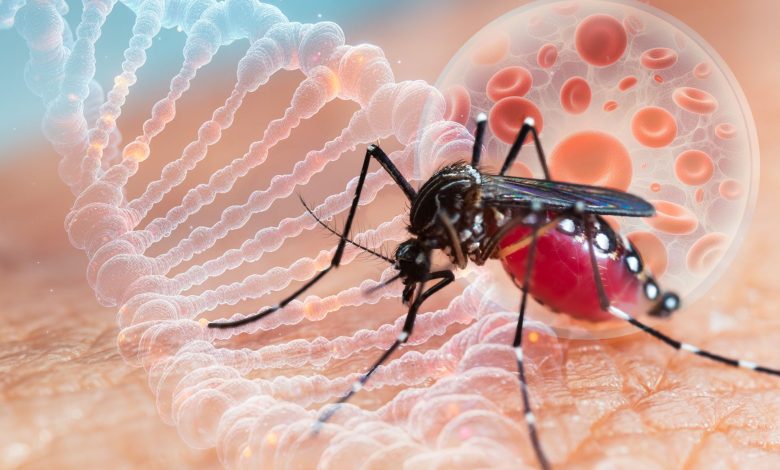St. Vincent and the Grenadines confirms dengue outbreak

Three years after the last outbreak, which killed at least seven people, the most of them children, health officials have verified an outbreak of dengue fever in St. Vincent and the Grenadines.
The Epidemiology Unit of the Ministry of Health, Wellness, and the Environment reported on Friday that, of the 119 instances of dengue fever that have been reported in 2024 thus far, 23 occurred in June and 82 last month.
According to the ministry, “there is a dengue fever outbreak in St. Vincent and the Grenadines based on the epidemiological data, as the number of lab-confirmed cases of dengue fever has exceeded the threshold of the number expected.”
In order to stop the spread of vector-borne illnesses over the summer, the ministry is pleading with the public to follow all recommended precautions.
“The public is reminded that August is coming up and that it is predicted to be hotter than usual. We are still in hurricane season.”
The Aedes aegypti mosquito may find perfect breeding grounds as a result of these climatic trends. Zika, Dengue Fever, and Chik V are all carried by this mosquito, according to a press release from the ministry.
According to the report, the government has intensified public awareness campaigns, health education initiatives, and monitoring efforts, including the use of GIS mapping for more focused source reduction, in an effort to stop the dengue virus from spreading further.
Additionally, it is bolstering the vector control unit’s human resource capabilities by hiring more personnel to reduce sources and enhance fogging operations around St. Vincent.
Currently, the vector control unit in the Southern Grenadines has a contract with a private enterprise to supply additional support for fogging and source reduction. This is still going on right now.
The ministry stated, “But we are urging all homeowners and community organizations to look for and eliminate mosquito breeding sites or those that could become breeding sites in and around your settings.”
Children, pregnant women, and the elderly—especially those with restricted mobility—are those most likely to experience severe dengue fever symptoms. Because the virus can be fatal, extra precautions should be taken.
According to the press release, “The Ministry will continue to closely monitor the situation locally, regionally, and internationally and will provide updates to the public accordingly.”




